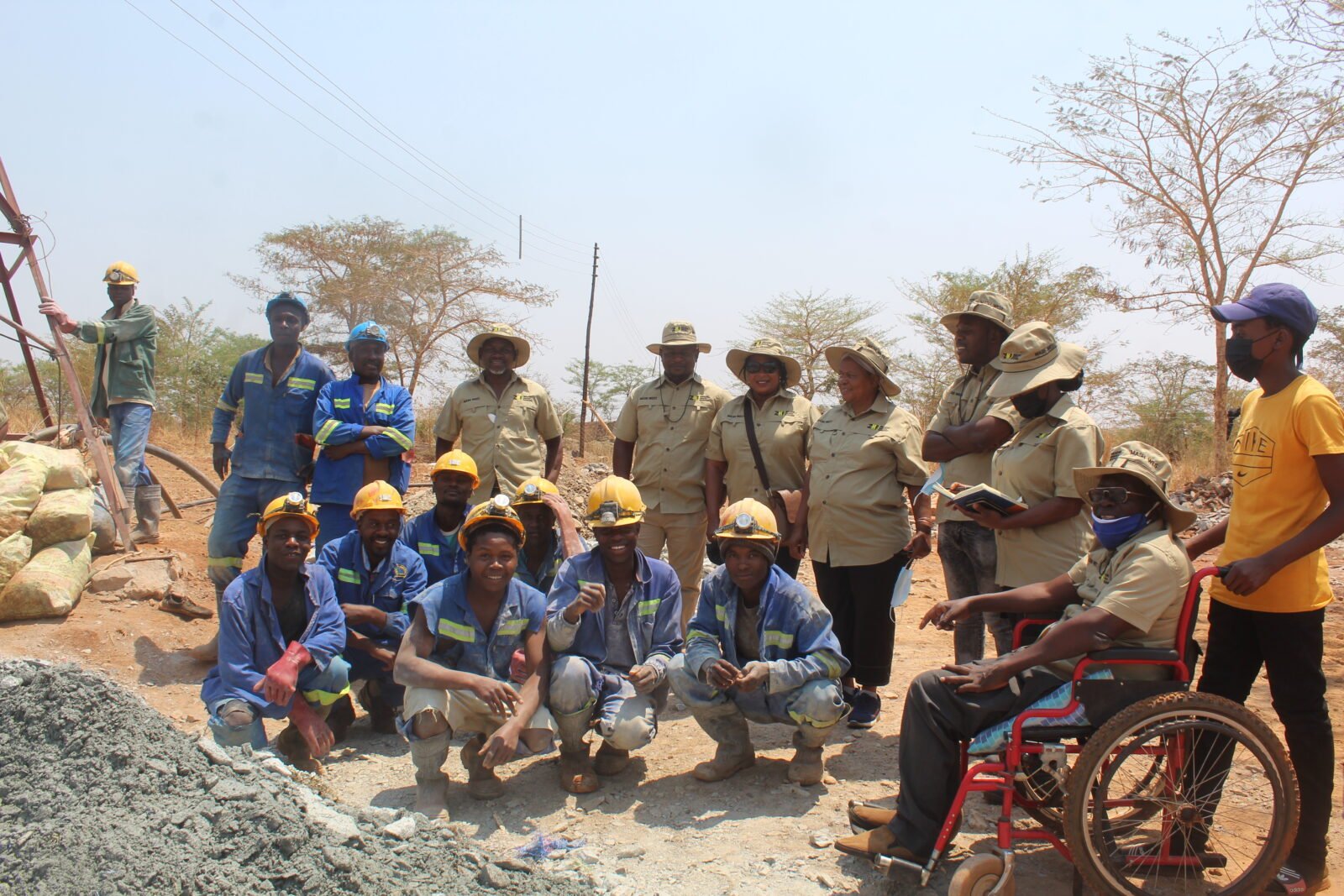Mines Bill prioritises indigenous Zimbabweans – Dias

The Mines and Minerals Amendment Bill will bring sanity and empower indigenous Zimbabweans to benefit fully from their God-given mineral resource, Deputy Attorney General Nelson Manuel Dias has reviewed.
Rudairo Mapuranga
Responding to a question from Mr Hyde Chatyokwa which suggested that the current bill is segregating native Zimbabweans in favour of foreigners at the Mines and Minerals Amendment Bill all stakeholders conference held at Rainbow Hotel, Harare this past Monday, Dias said the Bill was prioritizing Zimbabweans and ensuring that communities benefit significantly.
“The Bill prioritizes indigenous Zimbabweans, it does not in anywhere prefer foreigners. The Bill wants to protect communities, want to empower small-scale miners and it has clearly spelt that.
“Foreign companies are subjected to a lot of requirements for them to start mining whilst, for indigenous Zimbabweans, it is very easy,” Dias said.
Speaking at the same event Parliamentary Portfolio Committee on Mines and Mining Development Chairperson Hon Edmond Mkaratigwa said that his Portfolio was ready to bring out a law that supports indigenous people.
“We want to make the bill the best and acceptable by all citizens in Zimbabwe,” Hon Mkaratigwa said.
Through the Parliamentary Portfolio Committee on Mines and Mining Development capacity building workshop held in Bulawayo last week, members raised several issues among them issues of the Formalisation of the ASM, strategic minerals, and constitution of the Mining Affairs Board among others.
According to Hon Mkaratigwa the recognition of Artisanal and Small-Scale miners, The farmer-miner disputes; Environmental, Health and Safety Issues; Transparency in the licensing regime of mining titles; Recognition of Provincial Mining Directors; Devolution of the Mining Sector administration royalty; Equality and equity of mining fees across provinces and local authorities; Corporate Social Responsibility and the need for social and environmental protection and; Installation and operationalization of Computerized Cadastre System among others are critical issues in the bill.
On the formalisation of artisanal miners, Dias said the Bill has recognised artisanal and small-scale miners and has given them a chance to formalise their operations.
It was highlighted that there may be a need to also add Gold and Platinum Group Minerals under strategic minerals considering their huge contribution to the mineral revenue as well as the social fabric. Dias however said that it was putting gold and PGMs as strategic minerals that might be detrimental to small-scale miners. He, however, said that through the bill, the Minister is empowered to declare any mineral as strategic.
It was also highlighted that on the Constitution of the Mining Affairs Board (MAB) Section 8 should explicitly mention small-scale miners being represented by the Zimbabwe Miners Federation (ZMF). Dias however, said that the board will not have specific organizations except for the Chamber of Mines which has an act governing it.
It was highlighted that section 23 on qualifications required for one to be registered as a staking agent should be specific on what kind of qualifications. Dias however said that it was the duty of the Minister to specify the requirements for the stacking agents.
It was raised that, on the issuance of Exclusive Exploration Licence- too many offices are involved which does not promote the ease of doing business. The Deputy Attorney General, however, said EEL is a bridge to special leases so it was difficult for the government to ease the process because it requires so much scrutiny to safeguard the country’s resources for Zimbabweans.
It was proposed that the best way to deal with CSR Certification may be through the creation of Community Based Organisations through Local Authorities in a bid to empower the communities around mining areas themselves to certify the level of compliance by a miner on his or its social responsibility obligations. Dias however said it was important for the process to be managed by experts as communities have proven to be vulnerable for many a time. He said usually communities Act in the judgement of poverty and end up getting duped.




